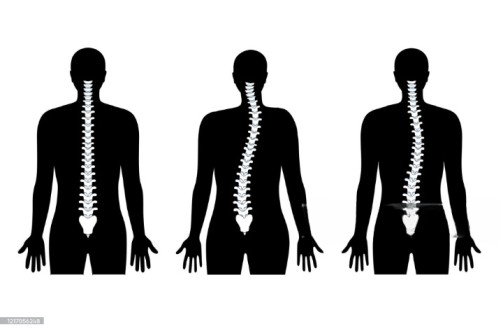
Kyphosis Surgery in India
Kyphosis surgery can be beneficial for patients whose spinal curves deteriorate over time and when non-operative treatments fail to alleviate their symptoms or discomfort. Non-operative options include braces, physical therapy, and painkillers. While kyphosis is most frequently encountered in the thoracic spine, it can also affect the cervical and lumbar regions. The treatment for kyphosis varies based on its location and severity. Surgery is typically recommended when X-ray curves exceed 60° to 70° and cause severe pain, digestive issues, or breathing difficulties. Additionally, surgery may be necessary for patients whose kyphosis compresses the spinal cord or nerves.
Children and adolescents can also develop kyphosis, often due to scoliosis, where developing bodies cause the spinal bones to wedge. While mild kyphosis may have no symptoms, severe cases can cause significant pain and impact appearance due to acute spinal issues.
Criteria for Kyphosis Surgery
Before undergoing surgery, patients must meet several criteria:
- Age of the Patient
- Causes of Kyphosis
- Severity of Kyphosis
- Associated Symptoms
What is Kyphosis?
Kyphosis is characterized by a forward curving of the backbones (vertebrae) in the upper back region, creating an overly rounded or “humpback” appearance. A spine with kyphosis appears curved at 50 degrees or more on an X-ray, a diagnostic procedure using electromagnetic energy beams to create images of internal tissues, bones, and organs. The normal spine curvature ranges between 20 and 45 degrees in the upper back.
Types of Kyphosis
- Postural Kyphosis: Caused by poor posture.
- Congenital Kyphosis: Present from birth.
- Scheuermann’s Kyphosis: A structural issue in the spine.
Symptoms of Kyphosis
The most common symptom is poor posture with a noticeable “hunchback” or hump on the back. Other symptoms include:
- Back pain
- Muscle fatigue
- Back stiffness
In severe cases, symptoms may worsen over time, potentially leading to a more pronounced hunchback and compression of the spinal cord, causing neurologic symptoms such as weakness, loss of sensation, or loss of bowel and bladder control. Severe thoracic kyphosis can limit chest space, resulting in cardiac and pulmonary issues like shortness of breath or chest pain.
Causes of Kyphosis
The cause of kyphosis depends on its type:
- Postural: Due to poor posture, slouching, or carrying heavy bags.
- Scheuermann’s: A structural issue in the spine.
- Congenital: A condition present from birth.
Other causes include:
- Aging: The spine bends more with age.
- Spinal Injuries: Trauma to the spine can lead to kyphosis.
Conclusion
Kyphosis surgery in India offers a viable solution for patients with severe spinal curvature who do not respond to non-operative treatments. With the expertise of skilled surgeons and advanced medical facilities, India provides effective treatment options for kyphosis, helping patients regain comfort and functionality. Recognizing the symptoms and seeking timely medical intervention is crucial for managing kyphosis effectively.




